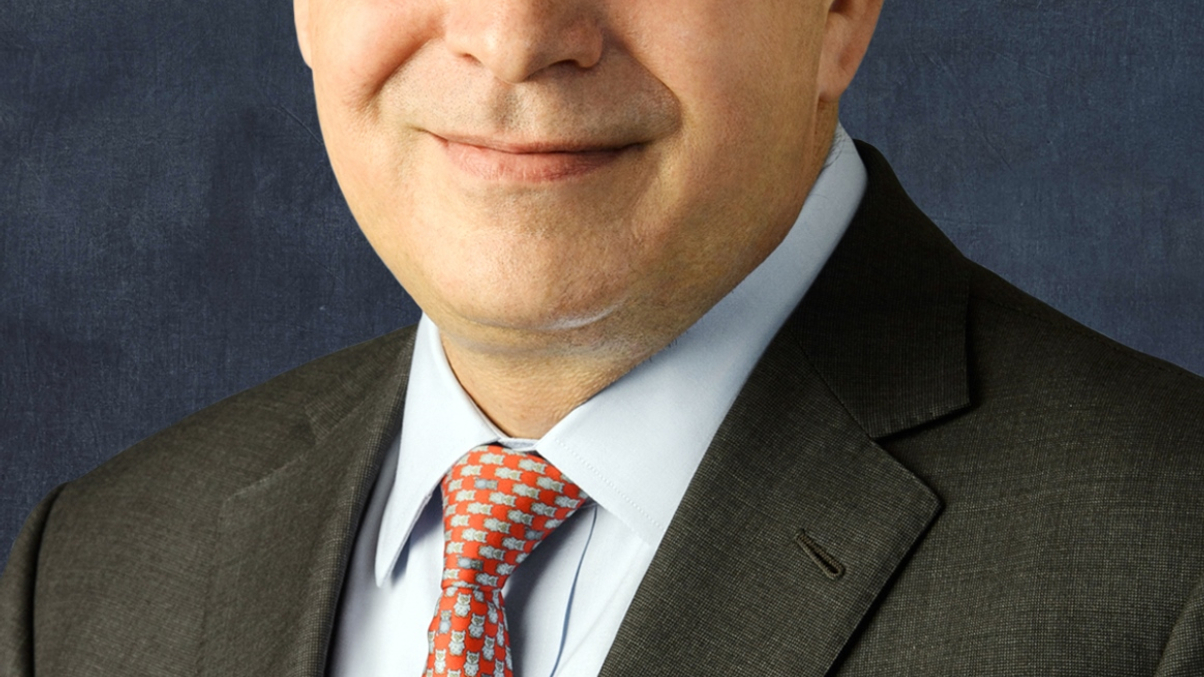Cashed-up investors face a tough retirement
Heavy cash holdings in Asia are limiting portfolio returns and condemning retirees to an uncertain future, according to a survey. Indonesians are likely to suffer most, while Hongkongers face major asset shortfalls.

Asian investors will never achieve their financial goals using their current investment portfolios, according to a new report.
Sign in to read on!
Registered users get 2 free articles in 30 days.
Subscribers have full unlimited access to AsianInvestor
Not signed up? New users get 2 free articles per month, plus a 7-day unlimited free trial.
¬ Haymarket Media Limited. All rights reserved.


